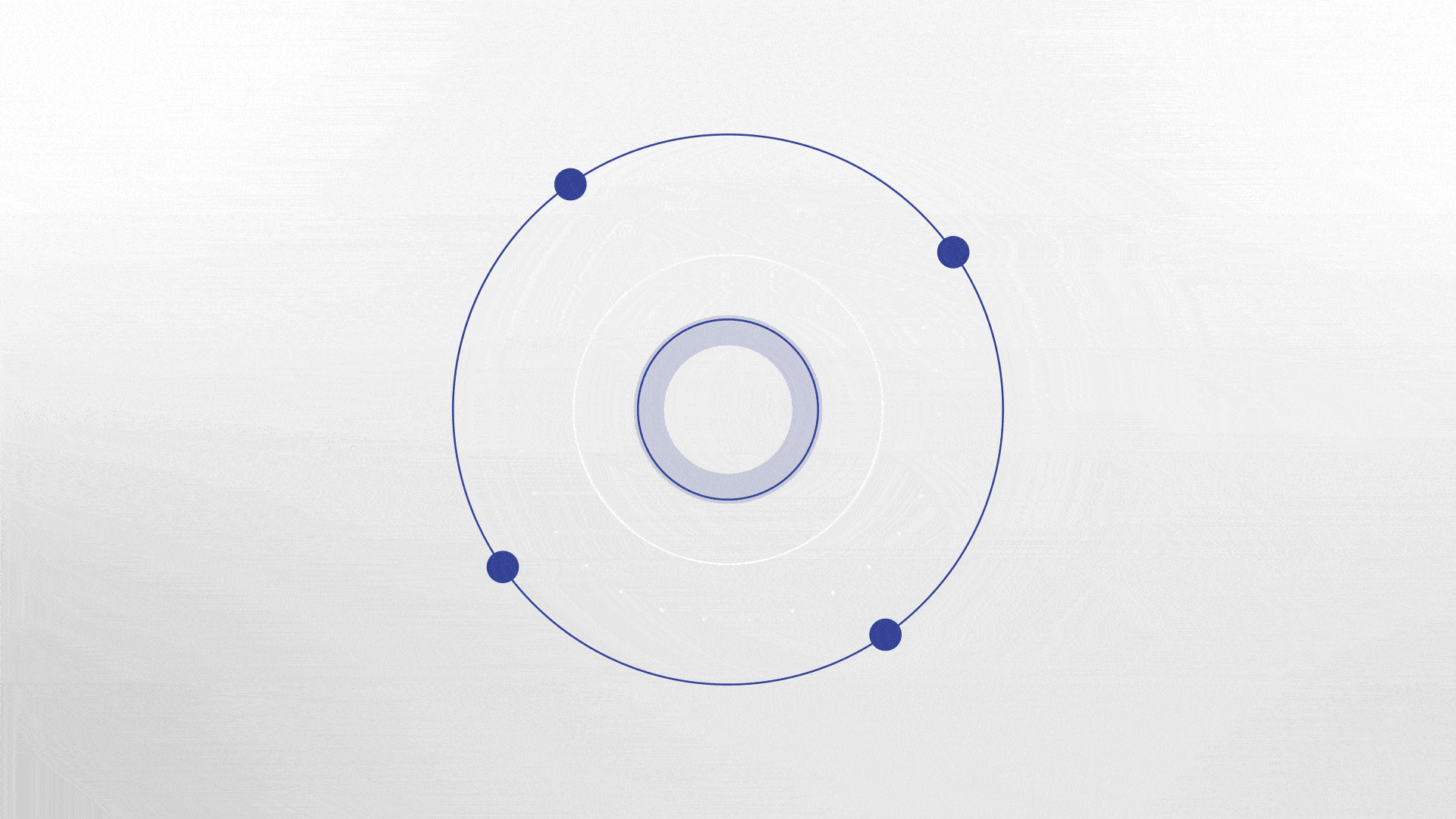

Empower Your Healthcare Institution
SEAMI and SEASI are both engaging training programs designed to empower healthcare leaders with the tools to improve their organizations. These programs offer practical solutions to help in identifying organizational dysfunctions, improving stakeholder experience, and avoiding resource misuse.
The Socio-Economic Approach to Management Interventions (SEAMI) is specifically designed to improve the performance of healthcare organizations by addressing internal inefficiencies and enhancing overall management. SEAMI focuses on:
By engaging healthcare leaders in a comprehensive program, SEAMI equips them with the skills to make data-driven decisions, promote effective communication across departments, and enhance the quality of care provided to patients. This method ensures a smoother operation, better resource utilization, and a clear focus on patient outcomes.
The Socio-Economic Approach to Surgical Intervention (SEASI) stands out with its unique design to implement SEAM intervention techniques specifically within the context of surgical practices. SEAM’s corrective measures for surgical practices include:
The core objectives of SEASI are to enhance patient outcomes, improve the performance of surgical teams, and reduce the overall socioeconomic impact of medical conditions treated surgically.
Both SEAMI and SEASI explore performance issues and dysfunctions within organizations using a set of valid and reliable tools provided by the SEAM approach. They engage the human potential within the organization at all levels, creating a dynamic of change and voicing the unseen.
Through quantitative and qualitative data collection, SEAMI and SEASI enable management to plan the next steps based on data and monitor the progress of change. This approach fosters innovation, agility, and proactive transformation, creating a dynamic that propels organizations forward.
ISEOR: Socio-Economic Institute of Companies and Organizations (Institut de Socio-Économie des Entreprises et des Organisations), based in France, is known for implementing SEAM methodologies for half a century. With a track record of producing over 220 doctoral dissertations and dedicating more than 2 million research hours across 2200 organizations spanning 74 industries, ISEOR empowers organizations to navigate internal change and evaluate its outcomes effectively.
MSS proudly holds the franchise rights of SEAM for the medical and surgical field in hospitals, in collaboration with ISEOR.
During the training, participants move through different sessions to acquire practical learning, focusing on the specific needs of their organizations. The program is designed to help participants implement SEAMI and SEASI outcomes in their departments and institutions with the support of consultants and professionals.